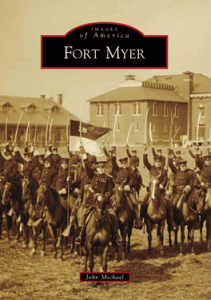Camp Dix served as a staging and training center during WWI and WWII. After the armistice, the Camp served as a demobilization center for Active Army.
What’s a Camp Dix?
Established on 16 July 1917 as Camp Dix, named in honor of Major General John Adams Dix, a veteran of the War of 1812 and the American Civil War, and the former United States Senator, Secretary of the Treasury, and Governor of New York.[11] Camp Dix was home to the 153rd Depot Brigade. The role of World War I depot brigades was to receive recruits and draftees, then organize them and provide them with uniforms, equipment, and initial military training. Depot brigades also received soldiers returning home at the end of the war and carried out their mustering out and discharges.

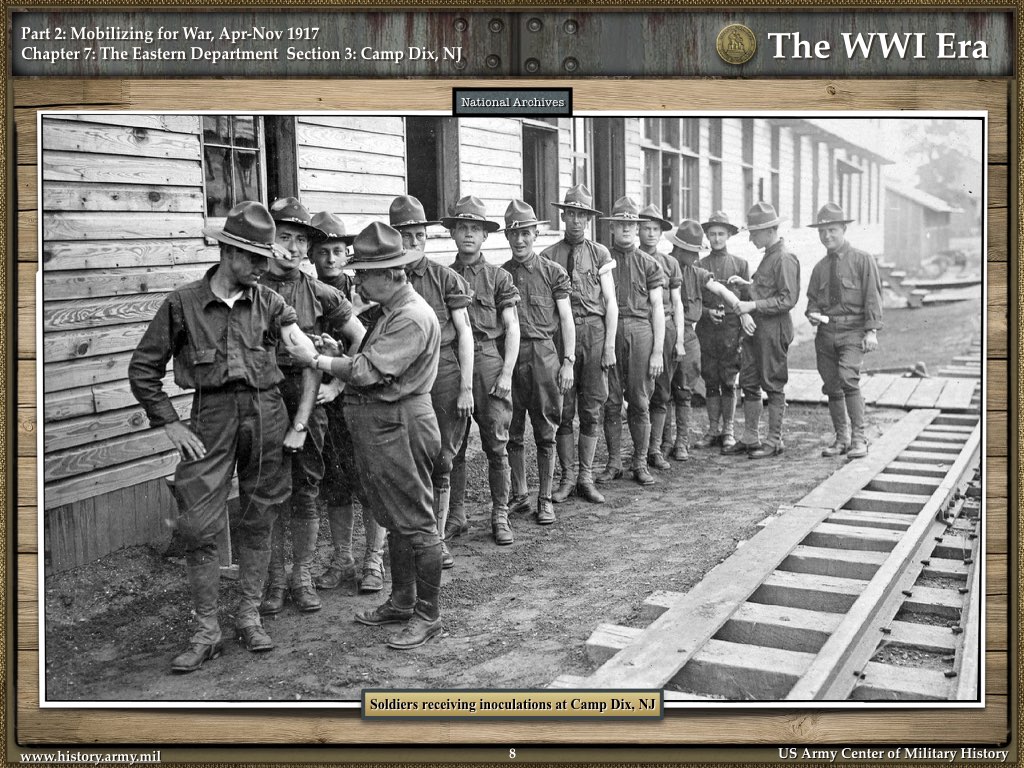
78th Division at Camp Dix
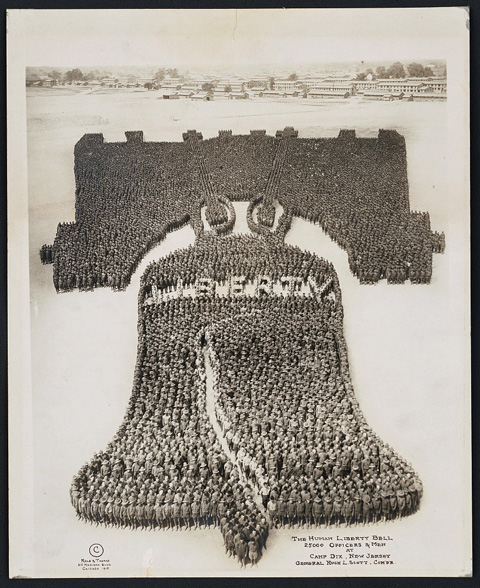
The Human Liberty Bell; 25000 officers and men at Camp Dix, New Jersey; Major General Hugh L. Scott, commander. With a very large population of soldiers and 32,000 acres of land, images such as the Liberty Bell were an immediate possibility.
Major General Hugh L. Scott
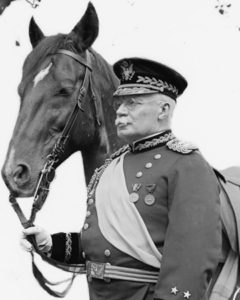
A relatively robust United States Army career in addition to commanding the 78th Division, he was also Chief of Staff of the Army, and for four years he was superintendent of West Point.
MG Hugh L Scott The Author
Major general Scott wrote at least two books the one that is his autobiography is below and available on Kindle from Amazon at a price of $1.99 as of this date. His autobiography is considered impressive and influential.
Some Memories of a Soldier
Kindle Edition
by Hugh Lenox Scott (Author)
ABOUT THE BOOK:
Some Memories of a Soldier, first published in 1928, is the autobiography of influential U.S. Army General Hugh Lenox Scott (1853-1934). This autobiography of General Hugh L. Scott was published in 1929. General Scott’s career was impressive and influential to say the least. After graduating from West Point, Scott joined the Cavalry and filled one of the many vacancies after Custer’s men were destroyed. In the Indian Wars, Scott learned the Sioux language and then also became fluent in a more widespread sign language that was used by several tribes. He successfully mediated several conflicts using these skills. In addition to spending time out West, he joined Leonard Wood in Cuba were he was a leading figure in the occupation. After that, he led troops in the Philippines where he was given one of the most challenging assignments that positioned him in Moro territory. By the end of his tenure there, the Moro people respected him so much that they gave him their most prized possession which was the first Koran ever to reach the islands. Scott describes these adventures as well as his duty in Fort Sill overseeing Geronimo’s imprisonment, his superintendent duties at West Point, and his time as Chief of Staff as the country plunged into World War I. of particular interest to me, was the controversial friendship which he forged with Francisco Villa. When Villa attacked the US, he was forced to send Pershing into Mexico to disband the Villistas. Scott would ultimately choose Pershing to lead World War I and he developed the basics behind the selective service system. In short, this autobiography has something for everyone. The reader explores the adventure that was Scott’s life. While Scott’s name is far from being a household name, he saved many lives and should be remembered as a true hero. “Blessed are the Peacemakers” Included are 50 pages of photographs.
MG Hugh L Scott Takes to the Seas
USS Hugh L. Scott (AP-43) was a Hugh L. Scott-class transport ship. She was built in 1921 and spent 20 years in merchant service as a passenger and cargo liner.
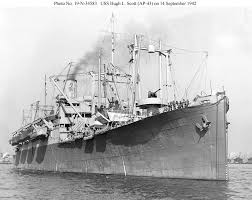
THE OLD GUARD AND FORT DIX
BUY THE BOOK
Images of America – Fort Myer is a pictorial chronicle of the first one hundred years of history containing over two hundred photographs, maps, and images. Beginning in the 1860s and carrying through the 1960s it provides a view of what was over time. An autographed copy of the book can be purchased at BUY THE BOOK.


